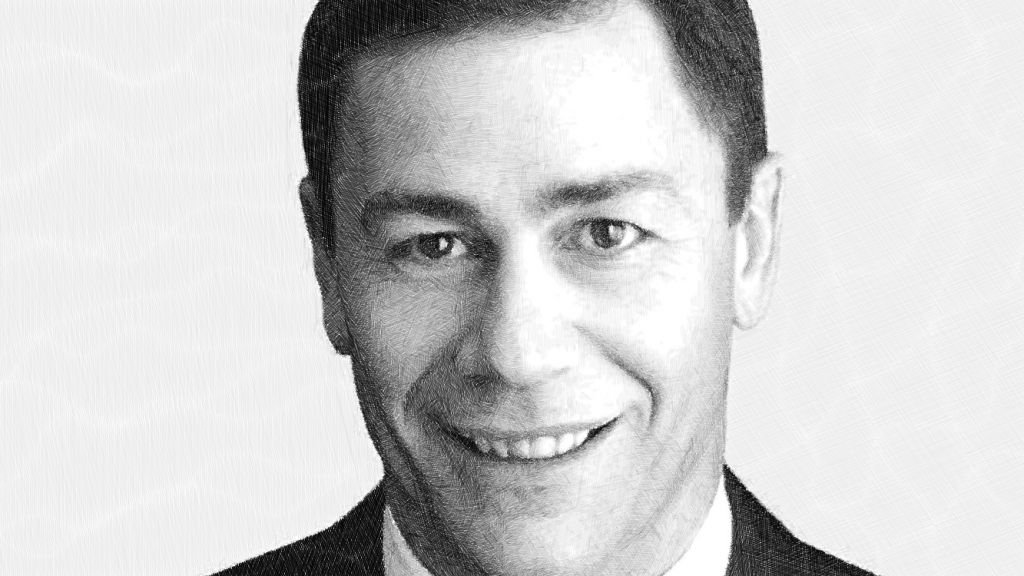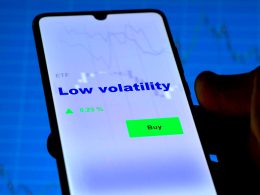by The Algonquin Capital Team, Algonquin Capital
"The more I practice, the luckier I get."
~ Arnold Palmer
We grow up learning that success is the product of hard work and skill. What often gets overlooked is the role that luck can play; a factor that some economists believe has become increasingly important in our globalized, winner-take-all marketplace.
Effort and talent are certainly prerequisites for success, but with so many hard working and highly skilled individuals competing for the prize, the ‘ big winners’ are often also the luckiest. Take, for example, the world of sports, where a fortuitous bounce can be the difference between a champion and the ‘first loser.’
How much influence luck has depends on the endeavour you are pursuing.
At one extreme there is the lottery, requiring minimal ability and a ‘helluva’ lot of good fortune. On the other end of the spectrum, we have running and chess. It doesn’t matter how lucky you are; it’s highly unlikely that you’re beating Usain Bolt in a 100m dash or Kasparov at his game.
In between these two poles are the pursuits involving varying degrees of effort, ability, and providence. Take, for instance, poker; where with the right cards an amateur can take a few hands off a world champion. But over several hands or games, we would expect the professional’s expertise to win out.
While the champ can use her skill to dominate the amateurs, she better hope to have lady luck on her side at the final table. With so many highly skilled and evenly matched players, a good break can easily be the thing that leads to the final pot. This phenomenon has been dubbed ‘the paradox of skill’; the more highly trained and equally skilled the competition, the bigger fortune’s influence.
Like poker, investing is full of probabilities and uncontrollable factors. Also like poker, the outcomes are definitive and quantifiable, and in the short term can be determined by chance. Fortunately, investing is not a ‘point in time’ competition with clear winners and losers. Instead, it is a process where results should be measured over a longer period. Hard work, consistency of analysis, patience and discipline are key to moving an investment further away from a lottery and closer to a game of chess.
It is, therefore, the investor’s task to untangle luck from skill, to focus on the process rather than the immediate outcome. Unfortunately, this is a rather difficult proposition. We are naturally wired to seek out and link causes and effects, even where chance has been at play. The media is always ready to feed this desire, with a tidy story to explain every market move. And after something has occurred, a good narrative can make it seem as if what happened was always inevitable. Adding further static to the feedback loop is our inclination to assign luck the blame when things go wrong and ignore it when they go our way.
While difficult, separating luck and skill is a worthwhile endeavour, as it helps us to identify where our energy should be focussed. When skill is the dominant factor, as in golf, deliberate practice is the key. Where luck is involved, the focus should be on process and probabilities over results.
As an added bonus, studies have shown that those who can identify luck in their lives tend to be more grateful, likable and happier. We therefore not only wish you good luck for the year ahead but also the wisdom to recognize it.
Copyright © Algonquin Capital















